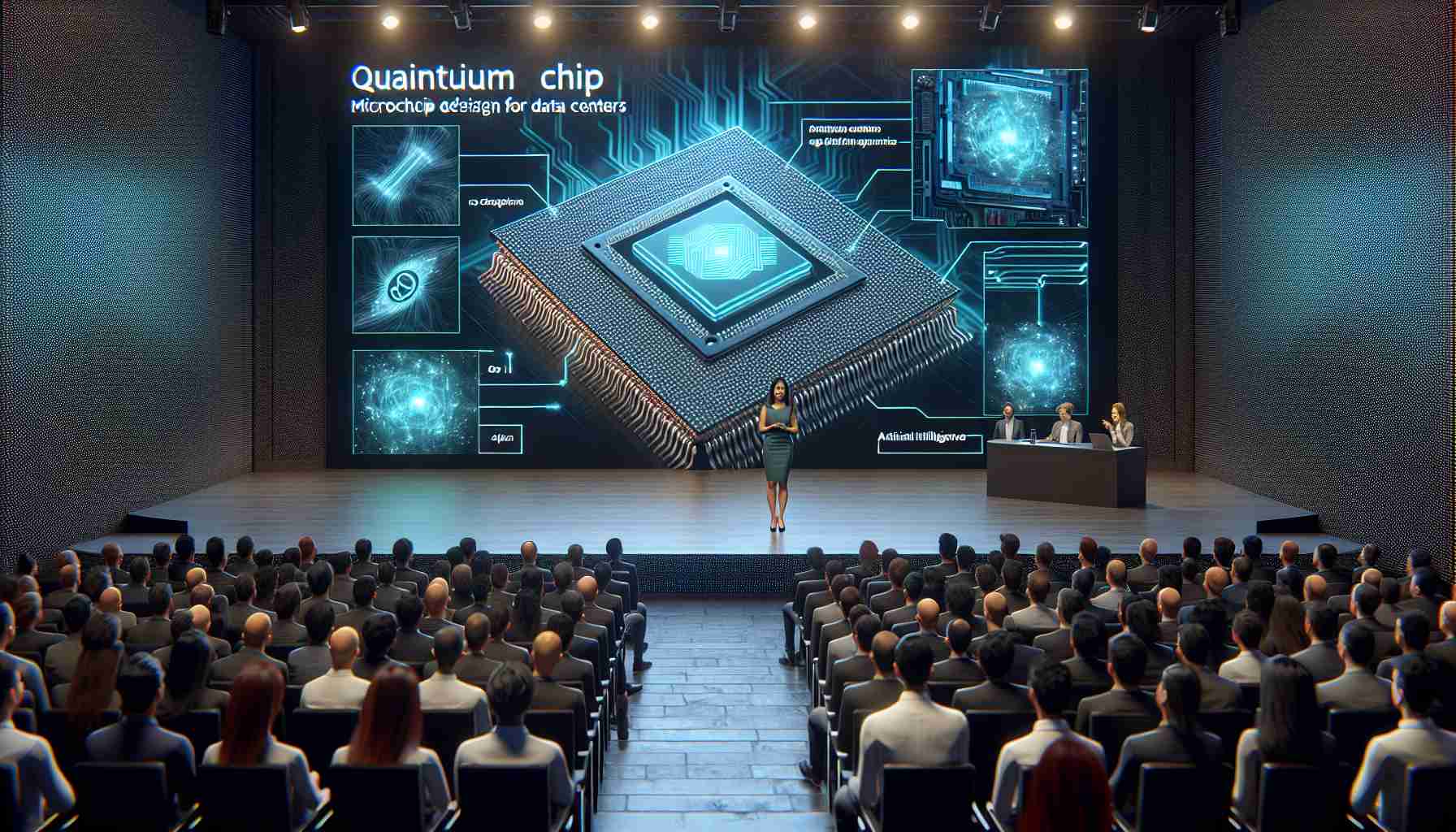Apple’s Advanced AI Chips for Enhanced Server Performance
Apple is advancing into the realm of artificial intelligence with a new suite of chips designed specifically for data centers. These chips are engineered to handle AI inference tasks—a critical process where trained machine learning models draw conclusions from new data. This marks a notable difference from existing AI technologies primarily focused on training AI models.
Collaboration with Taiwan Semiconductor Manufacturing
In pursuit of excellence in chip design and production, Apple has forged a partnership with Taiwan Semiconductor Manufacturing. Together, they aim to elevate Apple’s standings in the competitive AI sector. Over the years, there has been a significant investment in AI by tech giants such as Google, who are also developing their own inference-focused chips.
Apple Playing Catch-Up in the AI Race
Amidst stiff competition from heavyweights like Google and Microsoft, both of which are investing billions in AI technology and infrastructure, Apple is ramping up its efforts to not be left behind. CEO Tim Cook revealed that Apple is injecting “significant amounts” into its AI technology and promised a forthcoming announcement related to AI in the current year. Expectations are high for this announcement, which industry analysts believe may occur during Apple’s developer conference scheduled for June.
Cook has assured investors that Apple’s investment in AI will continue as they develop further in this area, stepping up to meet the burgeoning demand for more robust and intelligent computing solutions. This initiative is part of a broader commitment to maintaining Apple’s innovative edge and deepening its footprint in AI technology.
Important Questions and Answers:
– What is AI inference and why is it significant?
AI inference is the phase where a trained machine learning model makes predictions or decisions based on new input data. It is significant because it is the practical phase where AI is put to use in real-world applications, such as in voice recognition, image processing, and autonomous systems. Having powerful chips for inference means faster and more efficient responses in these applications.
– How might Apple’s new AI chips impact the data center industry?
Apple’s entry into AI chip production for data centers could lead to increased competition in the market, driving innovation and potentially leading to more efficient and powerful data center operations. Apple’s reputation for high-performance hardware could also push current industry leaders to accelerate their own developments.
– What challenges does Apple face entering the AI chip market?
Entering the AI chip market late, Apple faces challenges such as catching up with established players like Nvidia, Google, and Intel who already have significant market share and expertise in AI chipsets for data centers. Another challenge is the resource and time investment required to develop their technology to meet or exceed the performance and efficiency of competitors’ products.
Key Challenges or Controversies:
– Intellectual Property: As companies like Apple venture into new territories, the issue of patents and intellectual property rights becomes more prominent. Ensuring that new developments do not infringe upon existing patents can be a challenge.
– Market Dynamics: The market for AI chips is rapidly evolving with many players. If Apple’s chips do not offer a significant advantage or are not cost-competitive, they may struggle to gain market share.
– Supply Chain: Dependence on third-party manufacturing, for example with Taiwan Semiconductor Manufacturing, means that geopolitical tensions or trade issues could impact the supply chain and the launch or distribution of these chips.
Advantages and Disadvantages:
– Advantages:
– Improved Performance: Custom-built AI chips can provide optimized performance for specific AI tasks, enhancing the overall efficiency of data centers.
– Competitive Edge: By developing its own AI chips, Apple could control more of the hardware stack, potentially offering a more integrated and seamless service experience.
– Market Expansion: Diversifying into AI chip manufacturing for data centers could open up new revenue streams for Apple.
– Disadvantages:
– High Investment Costs: Developing new technology, especially in a competitive field like AI, requires significant investment which may not yield immediate returns.
– Technical Challenges: Creating chips that meet the high standards of performance and efficiency for AI tasks is complex and may face technical hurdles.
– Late Entry: Competitors with established AI chips might make it difficult for Apple to gain a foothold unless their offering is significantly superior or differentiated.
For more information on Apple’s business and technological developments, you can visit their official website at Apple. Please note that given the rapidly changing nature of the technology industry, URL validity is always subject to change, although the given link is to the main domain which generally maintains consistent accessibility.

